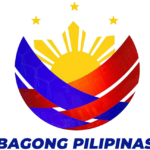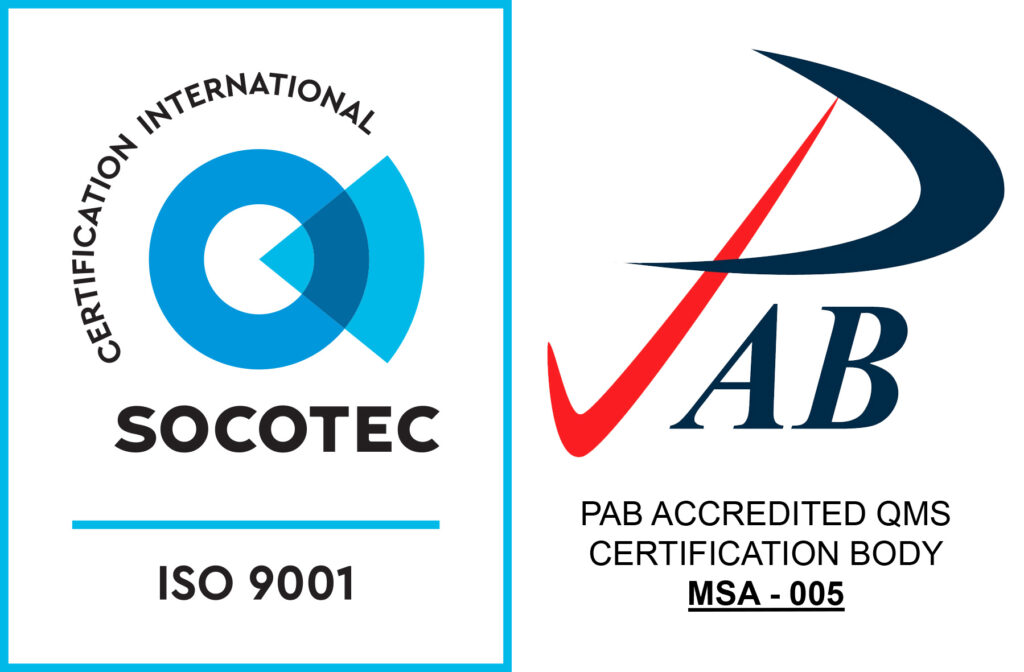Overview
Bachelor of Science in Food Technology is a four-year degree program design to develop professionals in food technology. The program focuses on a mix of pure and applied science, engineering, business, and entrepreneurial skills. It aims to produce professionals who have the capacity to apply the science and technology and related fields of study in post-harvest handling, preparation, processing, packaging, storage, distribution, and marketing of food to ensure food and nutrition security, quality, environmental sustainability and the well-being of individuals, families and communities. The program also aims to promote continued excellence in food science education.
Quality Awards
AACCUP Level III
Program Objectives
- To be exposed to the different areas of responsibilities of a food technologist
- To apply the knowledge in science in the field of food, specifically in the handling, processing and production
- To acquire skills in the handling, preparation and processing of foods; product development skills; research skills; production and people management skills; quality assessment and sensorial evaluation skills; and entrepreneurial skills.
- To have extensive exposure in the food industry, with its challenges and potentials
- To develop the value of industry, initiative, creativity, service to mankind, productivity, and the spirit of inquiry
Program Outcomes
- The ability to engage in lifelong learning and understanding of the need to keep abreast of the developments in the specific field of practice. (Philippine Qualifications Framework or PQF level 6 descriptor)
- The ability to effectively communicate orally and in writing using both English and Filipino
- The ability to work effectively and independently in multidisciplinary and multicultural teams. (PQF level 6 descriptor)
- A recognition of professional, social, and ethical responsibility
- An appreciation of “Filipino historical and cultural heritage” (based on RA 7722)
- Generate and share knowledge relevant to agriculture;
- Formulate and implement plans and programs in food technology in support of agriculture.
- Demonstrate communication skills (i.e. oral and written) that lead to success in a food technology career including preparation of proposals, position papers, technical reports, communicating technical information to a non-technical audience, making formal and informal presentations;
- Explain the functionality of different food ingredients and chemical changes occurring during post-harvest handling, preparation, processing, packaging and storage, including reactions involving carbohydrates, proteins and fats;
- Understand the international and local regulations required for the manufacture, distribute and sale of food products, either fresh or processed;
- Understand and apply the role of microorganisms in postharvest handling, preparation, processing and preservation, packaging and storage with respect to pathogenic, spoilage, and fermentative microorganisms;
- Understand and apply the principles of engineering as they relate to converting agricultural commodities to the finished products.
- Understand and apply the principles and various facets of food technology, including sensory evaluation, in practical situations, problem solving and environmental sustainability;
- Understand and apply the basic elements of sanitation and quality assurance programs to assure food safety.
- Evaluate the microbiological, physical, chemical, sensory and functional properties of food; and
- Create new product ideas, concepts and procedures leading to innovative food technologies.



